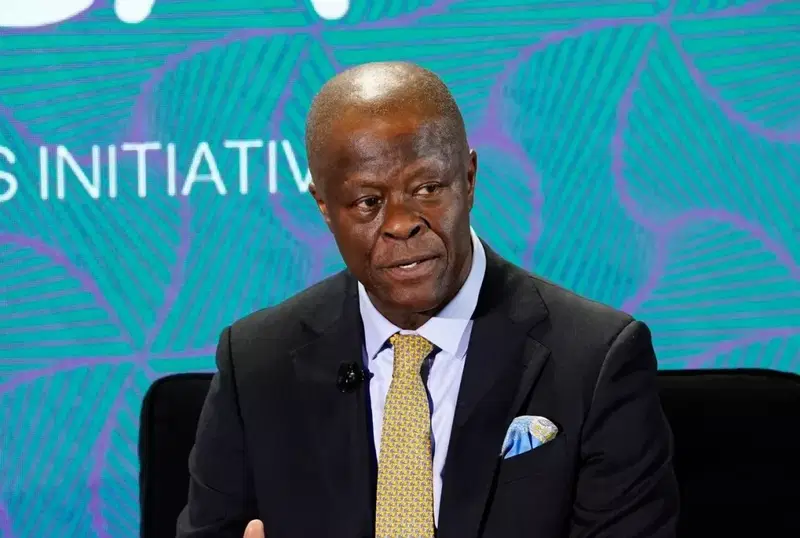The Federal Government has disbursed ₦330 billion to poor and vulnerable Nigerians under its conditional cash transfer programme, the Minister of Finance and Coordinating Minister of the Economy, Wale Edun, announced on Thursday in Abuja.

Edun said the payments were facilitated through the National Social Safety-net Coordinating Office (NASSCO), with funds drawn from the World Bank’s $800 million facility.
According to him, about 19.7 million poor and vulnerable households — covering more than 70 million individuals — are listed on the National Social Register. Of these, 15 million households were targeted for the current intervention.
“So far, 8.5 million households have received at least one tranche of ₦25,000. Some have received two or three tranches. The expectation is that the remaining seven million households will be paid before the end of the year,” Edun said.

He explained that the payments were part of President Bola Tinubu’s strategy to cushion the impact of recent economic reforms, including fuel subsidy removal and exchange rate unification.
Edun stressed that the system was built on transparency and sustainability. “Beneficiaries are identified biometrically using their National Identity Number (NIN) and paid digitally through their bank accounts or mobile wallets. What Nigeria now has is a robust social protection system that can reach targeted groups efficiently,” he added.
The minister further revealed that going forward, funds for social protection would be included in the federal government’s annual budgets.
“Each year, provision will be made to directly support the poorest and most vulnerable. This is part of Mr. President’s vision of building a modern, sustainable social safety net,” he said.
Providing further clarification, the National Coordinator of NASSCO, Funmi Olotu, said payments were staggered because of the president’s directive to link all disbursements to NIN.
“We do direct-debit transfers. Mr. President insisted that payments must go directly into beneficiaries’ accounts or wallets. That’s why some received the first, second, or third tranche at different times,” she explained.



